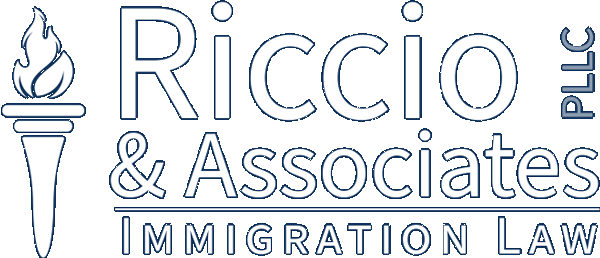The Immigration Act of 1990 created a new immigrant category for “outstanding professors and researchers”. This category does not require a Labor Certification and sidesteps completely the issue of availability of U.S. workers. To qualify in this category, an applicant must establish the following:
- That he or she is offered a tenured or tenure-track teaching position at a U.S. college or university, or a permanent research position at a research institution (“permanent” in this context means that the employee has an expectation of continued employment unless there is good cause for termination);
- That the U.S. employer normally employs at least three people full time in research, and has achieved documented accomplishments in an academic area;
- That he or she has more than three years teaching and/or research experience (ordinarily accrued after obtaining a doctoral degree, although no particular degree is specifically required!);
- That he or she is recognized internationally as outstanding in the particular academic field.
Evidence that the alien is recognized internationally as outstanding must consist of at least two of the following:
- (a) Documentation of the alien’s receipt of major prizes or awards for outstanding achievement in the academic field;
- (b) Documentation of the alien’s membership in associations in the academic field which require outstanding achievements of their members;
- (c) Published material in professional publications written by others about the alien’s work in the academic field. Such material shall include the title, date, and author of the material;
- (d) Evidence of the alien’s participation, either individually or on a panel, as the judge of the work of others in the same or an allied academic field;
- (e) Evidence of the alien’s original scientific or scholarly research contributions to the academic field; or
- (f) Evidence of the alien’s authorship of scholarly books or articles (in scholarly journals with international circulation) in the academic field.
U.S. Citizenship and Immigration Services (formerly INS) has identified the following items as generally of little or no value: a book published by a “vanity press”; a footnoted reference to the alien’s work without evaluation; an unevaluated listing in a subject matter index; a negative or neutral review of the alien’s work. On the other hand, the following items are considered solid pieces of evidence: peer-reviewed presentations at academic symposia; peer-reviewed articles in scholarly journals; testimony from other scholars on how the alien has contributed to the academic field; entries, particularly a “goodly number”, in a citation index which cites the alien’s work as authoritative; participation by the alien as a reviewer for a peer-review scholarly journal; evidence that the alien has provided thesis direction at the Ph.D. level. *** Individuals with less than three years of teaching and/or research experience since obtaining their Ph.D, may count research experience gained during their graduate studies toward the three-year requirement if the research is recognized as outstanding, as evidenced in international publications and conference presentations.
List of Documents Required for the Outstanding Professor or Researcher Petitions
- Brief (1-2 page) narrative summary of your education, training, and work experience highlighting your significant research interests and accomplishments. This information will be incorporated in the draft of the principal supporting letter, which we will ask your supervisor or faculty sponsor to sign.
- A brief description of the activities of the department or division in which you are conducting research, including such information as number of faculty and staff, amount and source of funding, principal research accomplishments and focus
- Copy of your Curriculum Vitae, including a list of your degrees, publications, conference presentations, memberships, and awards and honors
- Copies of all advanced degree diplomas or certificates
- Copies of your publications
- Copies of any relevant documents such as the following:
- Invitations to speak at meetings
- Invitations to review grants or articles for publication,
- Memberships in professional associations,
- Patent information,
- Confirmation of receipt of awards, honors, or scholarships,
- Citation listings for your publications from professional indexes,
- And any magazine or newsletter articles which mention you or your work.
- Supporting letters from experts both inside and outside the U.S. in accordance with guidelines we will provide
